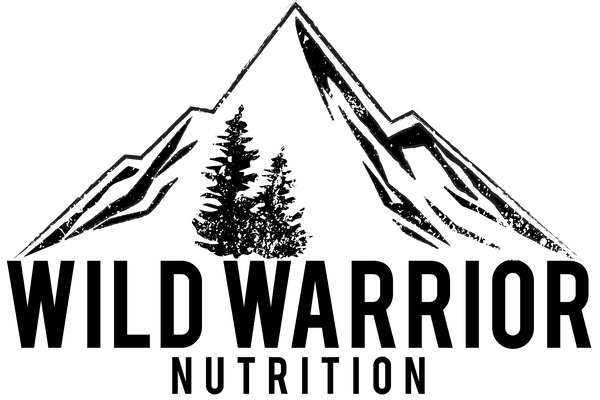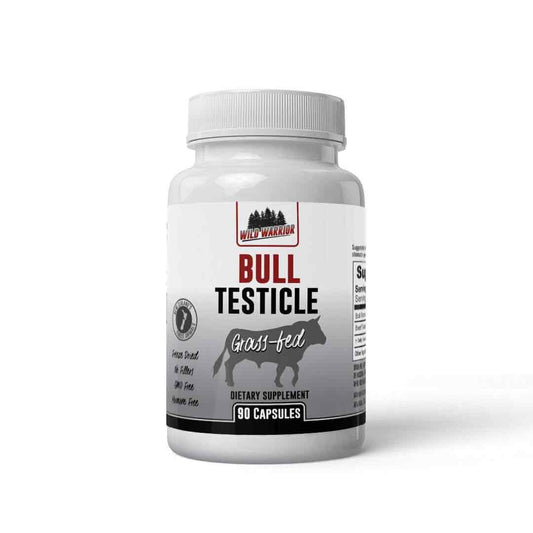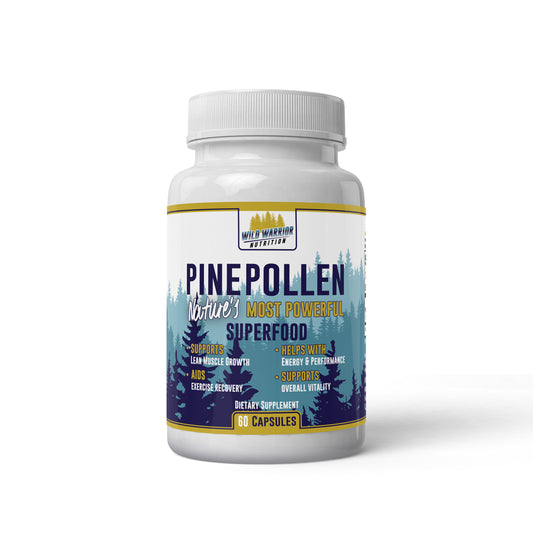During Golden Era Bodybuilding, sports science was very new and athletes did not have access to the wide range of supplements available today. So what was the Golden Era Diet, and how did these athletes build such great physiques?
To start we need to be honest about a couple things: first, lets acknowledge that food was probably not the "secret" of golden era athletes (that was steroids); and, second, athletes like Mike Mentzer were born in the 1% of the genetically gifted. Their diet only enhanced what these two factors were doing.
We say this not to discourage you, but to be realistic about your own muscle building potential, and how eating like a Golden Era Bodybuilder can help you achieve your fitness goals.
That said, the point of this post is to highlight a few things these athletes did correctly, and that are important for the average person to build muscle, stay lean, and optimize their results.

The Golden Era Bodybuilding Diet
It's simple: Protein, Protein, Protein.
The Golden Era Bodybuilding Diet was based on eating protein and keeping carbohydrates to a minimum. The goal being to build as much muscle as possible, without getting fat or bloated. Why did they eat this way? Because it worked.
In fact, the general rule you need to eat 2 grams of protein per pound of bodyweight is still followed by most serious athletes today and preached as essential to maximal results.
Over time this recommendation has changed slightly to be 1 gram based on your ideal bodyweight, but it still holds true for most people looking to build muscle and stay lean.
Golden Era bodybuilders ate very similar diets to that promoted by Dr. Atkins and the modern day carnivore crowd, focusing their meals around meat, eggs, and cheese.
What we found interesting in researching this post (based mostly on interviews we found on YouTube), was that when it comes to meat, most of these athletes ate only chicken and fish, believing red meat to be the cause of so many heart attacks that seemed to plague these athletes.
We didn't find any references to pork, but they probably believed pork would kill them as well. Keep in mind, Golden Era Bodybuilding took place in the middle of the "low fat" craze.
We don't have any cardiologists on staff at Wild Warrior Nutrition, but we find it funny that Golden Era Bodybuilders blamed cholesterol for the heart attacks in their community, but not the steroid or drug use that was so rampant in the 70s and 80s, but we digress.
The war on fat and cholesterol go way beyond the scope of this post, but for anyone whose alarm bells are going off over the amount of fat and cholesterol in the Golden Era Diet, we encourage you to watch, Fat: A Documentary, and Fat: A Documentary 2 on VUDU. Both are free with commercials.
Golden Era Supplements
Prior to the 1980s, supplement science and research was very limited. So were products that filled holes in Golden Era Bodybuilder's diets. Today's athletes have access to the universe of superfoods and targeted nutrients proven to improve results and speed recovery. This includes a wide array of superfoods like pine pollen, amino acids, peptides, and more.
To illustrate how far supplement science has come, consider that many supplements have proven to be so effective (or dangerous) that they are banned in professional sports. Think Ephedra of the late 90s.
According to an article posted by Ric Drasin on bodybuilding.com, Golden Era athletes supplemented their diet with other natural whole foods, such as whole milk, desiccated liver capsules, and cod liver oil. One interview we found with Frank Zane discusses multivitamins, so we can assume that was common as well.
Takeaways: The Golden Era Bodybuilding Diet is still the standard when it comes to building muscle and focused on high protein consumption and controlled carbohydrate consumption.
While the daily recommendations for protein intake have come down from that time period, protein is still believed to be the dietary key to building muscle and staying lean.
Supplements were limited then and these athletes focused on wholefoods and supplements also derived from wholefood.
Maybe you should too.
Want to upgrade your nutrition? Start here.





